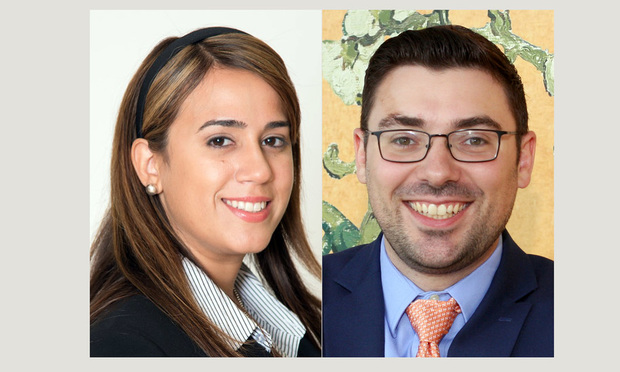Melissa Davies has seen both sides: the rigors of working a hectic schedule on location for Shelton-based Ruane Attorneys at Law, and a lighter-paced workload when she telecommutes from her home in Syracuse.
And like a growing number of lawyers across the country, she’s chosen the latter.
This content has been archived. It is available through our partners, LexisNexis® and Bloomberg Law.
To view this content, please continue to their sites.
Not a Lexis Subscriber?
Subscribe Now
Not a Bloomberg Law Subscriber?
Subscribe Now
LexisNexis® and Bloomberg Law are third party online distributors of the broad collection of current and archived versions of ALM's legal news publications. LexisNexis® and Bloomberg Law customers are able to access and use ALM's content, including content from the National Law Journal, The American Lawyer, Legaltech News, The New York Law Journal, and Corporate Counsel, as well as other sources of legal information.
For questions call 1-877-256-2472 or contact us at [email protected]


 Melissa Davies and Ron Houde Jr. Courtesy photos.
Melissa Davies and Ron Houde Jr. Courtesy photos.





